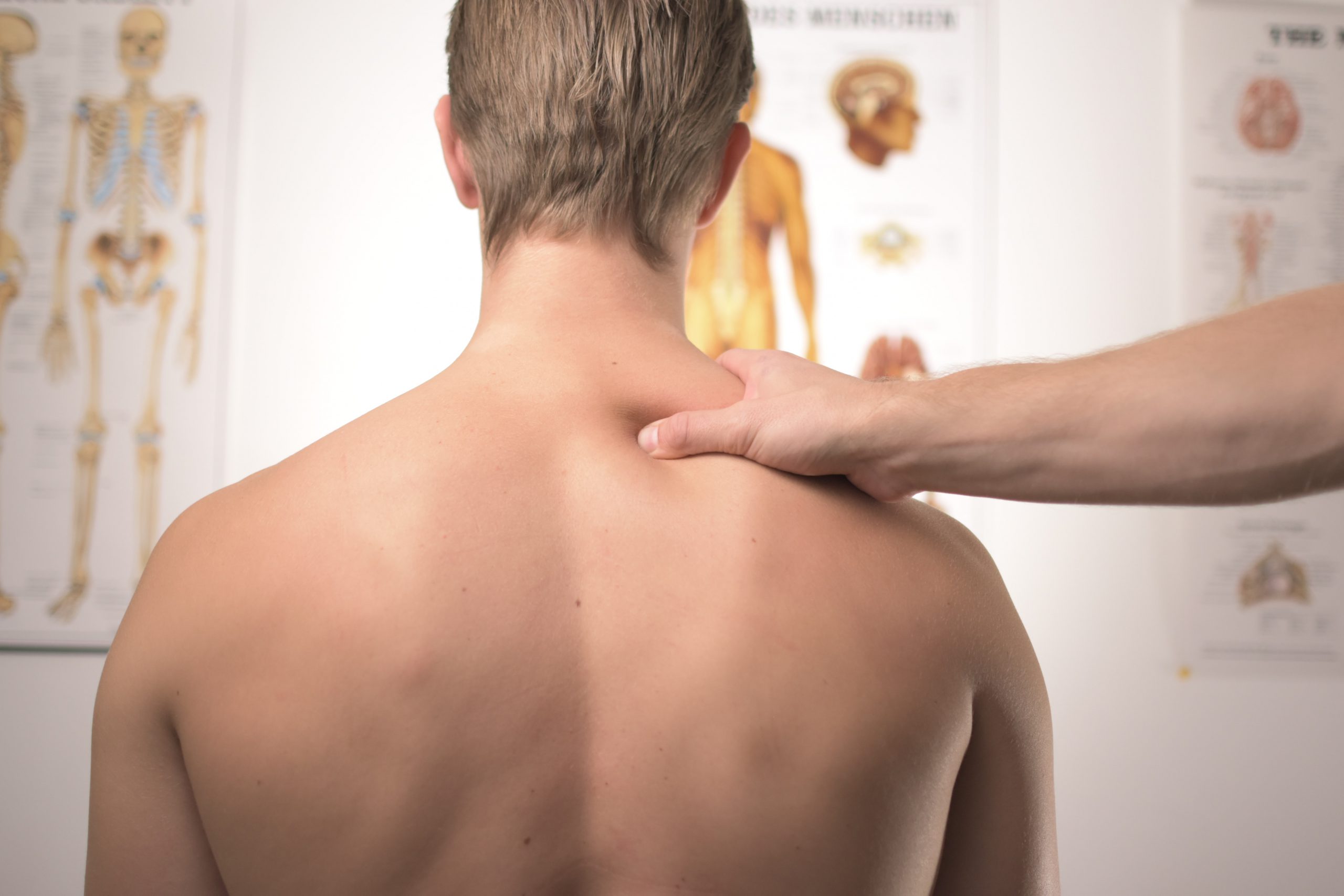Table of Contents
Definition of Hearing
Hearing refers to our ability to perceive noise and sounds. Your hearing is used to listen to music, talk to people around you and assess social and environmental situations. Humans actually have a fairly narrow range of hearing compared to other species, and the structures that allow us to hear are susceptible to many conditions that can jeopardize our hearing abilities.
The distinction between listening and hearing is important. Listening is something that you do consciously when you’re trying to interpret or understand a sound that you heard. Although they are different, without hearing, you would not be able to listen. Not being able to hear the world around you can often lead to depression and feelings of isolation.
Without hearing, it would be difficult to understand what people are saying, to identify the sounds around, and sometimes would lead to dangerous situations.
The speed of hearing loss varies from person to person. It is best if you take care of your ears all the time. The amount of hearing loss that we accrue in growing older can be compounded by the consequence of exposure to other events or agents that damage our hearing mechanisms from infancy onward.
Aging is also a contributing factor to hearing damage. As you age, you will notice that your sense of hearing becomes weaker and weaker. This is because the nerves in your ears change as years pass by. Some other causes are described in the text below.
Read More: About Hearing Loss >
Causes of Hearing Loss and Deafness
Although these factors can be encountered at different periods across the life span, individuals are most susceptible to their effects during critical periods in life.
Prenatal Period
- Genetic factors – Include hereditary and non-hereditary hearing loss
- Intrauterine infections – such as rubella and cytomegalovirus infection
Perinatal period
- Birth asphyxia (a lack of oxygen at the time of birth
- Hyperbilirubinemia (severe jaundice in the neonatal period)
- Low-birth weight
- Other perinatal morbidities and their management
Childhood and adolescence
- Chronic ear infections (chronic suppurative otitis media)
- Collection of fluid in the ear (chronic nonsuppurative otitis media)
- Meningitis and other infections
Adulthood and older age
- Chronic diseases
- Smoking
- Otosclerosis
- Age-related sensorineural degeneration
- Sudden sensorineural hearing loss
Factors across the life span
- Cerumen impaction (impacted ear wax)
- Trauma to the ear or head
- Loud noise/loud sounds
- Ototoxic medicines
- Work-related ototoxic chemicals
- Nutritional deficiencies
- Viral infections and other ear conditions
- Delayed onset or progressive genetic hearing loss

Source: Pexels
Common Causes of Hearing Damage
One of the most common causes is loud noise. The ear is made up of various sensory nerves that are very sensitive to sound. If the sound is too loud, these sensory nerves may become damaged as they cannot accommodate extreme noises.
One indication of this is Tinnitus. This is the condition wherein you hear a loud ringing sound in your ears that cover other sounds in the environment.
Another common cause is injury. If you are wondering if an injury can affect your hearing, the answer is yes. This is especially true for injuries that directly affect the ears.
When your eardrum is damaged or fractured due to trauma, you might not be able to hear again because the part that is gathering the sounds and sending signals to the brain is damaged. Aside from direct ear injury, the hearing may also be negatively affected by head injuries.
Therefore, it is essential that you keep your head safe all the time especially when playing sports or working in real jobs.
People who have a lot of trouble hearing may be almost twice as likely to experience an accidental injury as individuals with excellent or good hearing, hearing is a unique sense and as such one of its prime sensory functions is as a warning system for the body “When people have hearing loss, they may be less likely to hear warning signs of, for example, a bicycle or motorcycle coming towards them, “They may be less likely to hear a car horn or someone yelling at them to ‘duck’ if a baseball is headed their direction.”
Researchers looked not only at the question”How can hearing loss impact other injuries?” and a degree of hearing loss injured people had, but also at what participants were doing when accidents occurred.
Hearing appeared to impact the risk of injuries while driving, at work, and during sports and other leisure activities.
Other studies have linked hearing issues to injuries at work and on the road, but the connection to accidents in leisure pursuits isn’t as well established, Compared to people with good hearing, adults with a little difficulty hearing.
Read More: Ringing In Ears >
Health problems caused by hearing loss
1. Social isolation and loneliness
In 2016., Sung and colleagues at Johns Hopkins and the University of Oklahoma looked at 145 participants (ages 50-94) enrolled in the Studying Multiple Outcomes After Aural Rehabilitative Treatment (SMART) study from 2011-2013.
The researchers measured loneliness using the UCLA Loneliness Scale and found that younger-age hearing loss was significantly correlated with greater loneliness, and other depressive symptoms.
2. Depression
The subjects from the study of David J. Mener MD, MPH Joshua Betz MS Dane J. Genther MD David Chen BS Frank R. Lin MD, Ph.D.; 2013 were measured for depression using the Patient Health Questionnaire (PHQ-9), and the results indicated that the odds of a person self-reporting a depressive disorder were 1.5 greater per 25 dB of hearing loss in the better ear.
3. Cardiovascular disease
In the 2009 study by Friedland and colleagues, researchers reported that patients with low-frequency hearing loss should be regarded as “at-risk” for cardiovascular events, and appropriate medical referrals should be considered.
One chart in the study suggests that about 85% of diagnosed strokes were associated with individuals who had flat or low-frequency sloping losses, and the authors posit that this may reflect either a common vascular pathology within the cerebrovascular system or a generalized vascular compromise affecting both hearing and cardiovascular structures.
4. Diabetes
The research conducted by Kathleen Bainbridge and colleagues looked at 5,140 adult participants from 1999-2004, found that hearing impairment was found to be more prevalent among those participants with diabetes.
Following multivariate analyses, they found that people with diabetes had significantly increased odds of hearing impairment in worse and better ears at all severity levels and frequencies.
5. Cognitive impairment and dementia
The researchers in the study conducted by Dr Frank Lin and colleagues in 2011 prospectively studied 639 individuals who underwent audiometric testing and were dementia-free in the Baltimore Longitudinal Study of Aging from 1990-1994.
The participants were followed for a median period of just under 12 years, and during this period there were 58 cases of incident all-cause dementia diagnosed, of which 37 cases were Alzheimer’s disease (AD).
The risk of these two conditions increased with the severity of baseline hearing loss. In fact, after adjusting for other factors, the results showed that, compared with normal hearing, the hazard ratio for incident all-cause dementia was 1.89 for mild hearing loss, 3.00 for moderate hearing loss, and 4.94 for severe hearing loss. The risk for AD also increased with baseline hearing loss by 1.2 per 10 dB of hearing loss.
How can you ensure that your hearing will stay bright and stable?
The first thing you need to do is to avoid exposing your ears to too loud noises. Do not bring the speakers to the maximum if not necessary. Avoid places that play music that can break your eardrums. If you really cannot deal with the noise around you, it is best if you wear earplugs to minimize the noise your auditory nerves are receiving.
The second thing you need to do is to consult your doctor immediately in case you feel something weird in your ears. For instance, when your ear is painful or when you hear strange ringing sounds, you should make an appointment with your doctor right away.
The third thing you need to do is to avoid injuries that may cause hearing problems. You can do this by wearing a helmet or protective headgear whenever you are out on your motorcycle or when you are doing physical activities.
Read More: How to prevent Hearing Loss? >
Hearing Loss Workers Compensation
Noisy workplaces are found in a wide range of industries 30 million US workers are exposed to workplace noise. Benefits are tax-free & do not affect Social Security. No statute of limitations to claim benefits.
We at Johnson Law Offices provide a free, no-obligation evaluation of your case, and remember, we only get paid if you do!
Sources
- Hearing Loss and Risk of Overall, Injury-Related, and Cardiovascular Mortality: The Kangbuk Samsung Health Study Woncheol Lee 1 , Yoosoo Chang 1,2,3,* , Hocheol Shin 2,4 and Seungho Ryu 1,2,3,*
- https://www.who.int/en/news-room/fact-sheets/detail/deafness-and-hearing-loss
- https://www.sightmd.com/hearing-long-island/what-is-hearing/
- https://agsjournals.onlinelibrary.wiley.com/doi/full/10.1111/jgs.12429
- https://www.hearingreview.com/hearing-loss/hearing-loss-prevention/risk-factors/hearing-loss-associated-comorbidities-know
Contact Us
If you, or anyone you know, worked in noise and suffers from hearing loss, please do not hesitate to contact us.
Contact Us


